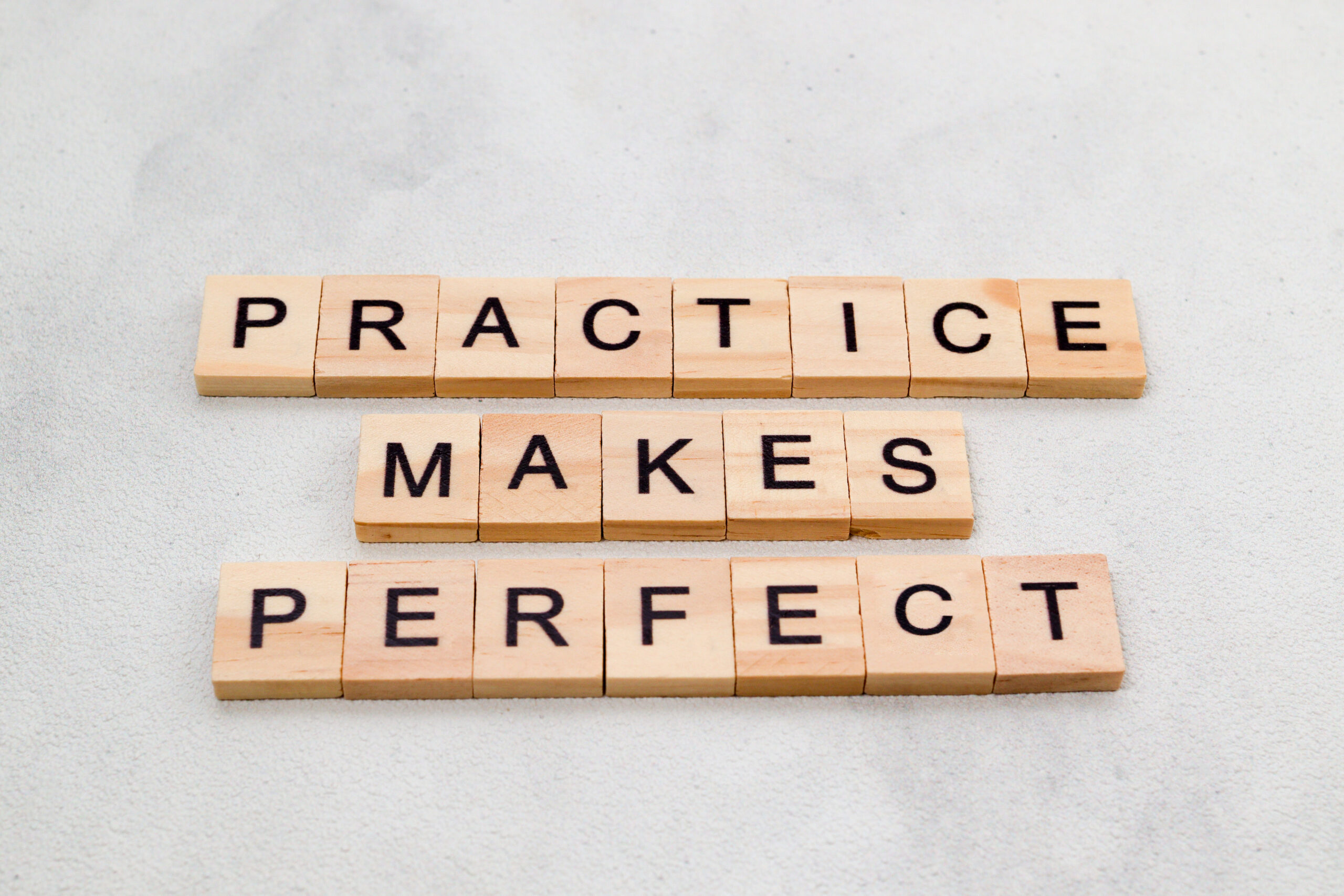
Good Sportsmanship for Youth Coaches
Good sportsmanship is the foundation of youth sports, and as a coach, you have the power to set the tone for your team.

Good sportsmanship is the foundation of youth sports, and as a coach, you have the power to set the tone for your team.

Flag football is one of the fastest-growing sports in the world, combining the strategy of traditional football with a focus on speed, teamwork, and fun.

Maximizing your child’s athletic ability is about more than just excelling in sports; it’s about fostering their physical, mental, and emotional growth.

Managing a difficult situation in youth sports requires patience, empathy, and a focus on maintaining a positive environment for everyone involved.

Youth sports help develop essential life skills that contribute to a child’s personal growth and future success.

Teaching good sportsmanship to young athletes goes beyond just following rules—it’s about helping them develop respect, teamwork, resilience, and empathy.

Managing a child’s schedule across multiple sports can be challenging for both parents and children, but with some organization and strategic planning, you can help your young athlete.

Creating effective practice plans for youth flag football is essential for building a successful team and ensuring players enjoy their experience.

Creating a playbook is an essential part of coaching flag football, helping to ensure that players understand their roles, strategies, and objectives on the field.

Effective communication between parents and coaches is essential in youth sports, as it helps foster a positive environment for young athletes to learn, grow, and enjoy their experience.

Youth sports play an essential role in childhood development, offering kids the opportunity to stay active, learn teamwork, and build social skills.

Concussions in youth sports have become a growing concern in recent years as more attention is focused on the long-term health effects of head injuries.